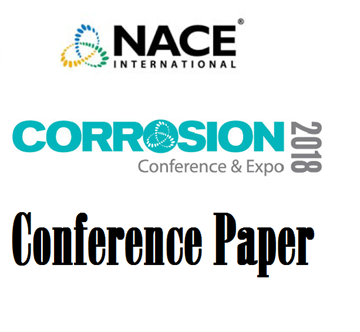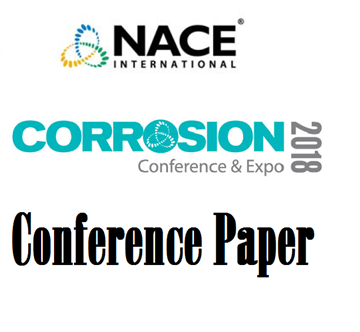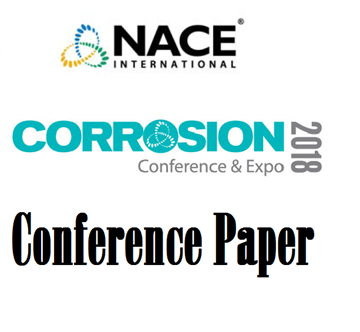Search
51318-10495-Nanostructured Steel Susceptibility to Sulfide Stress Cracking
Also Purchased
51318-10466-Internal Corrosion Asset Preservation Methodolgy - Case Study
Product Number:
51318-10466-SG
Publication Date:
2018
$20.00
51318-10487-Evaluation of Coating Systems to Address Pitting Corrosion of 316 Stainless Steel for Offshore
Product Number:
51318-10487-SG
Publication Date:
2018
$20.00
51318-10508-HSLA material design and its susceptibility to cracking during acidic stimulation jobs in Shale well
Product Number:
51318-10508-SG
Publication Date:
2018
$20.00




